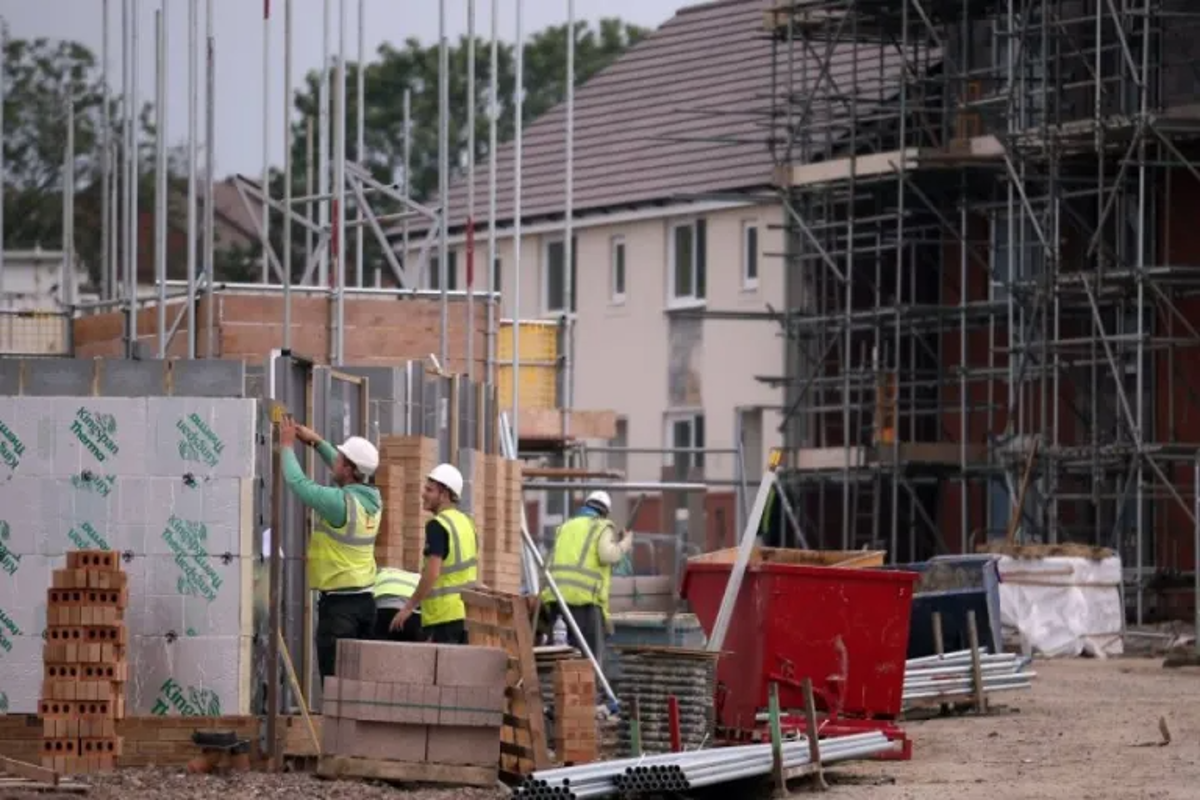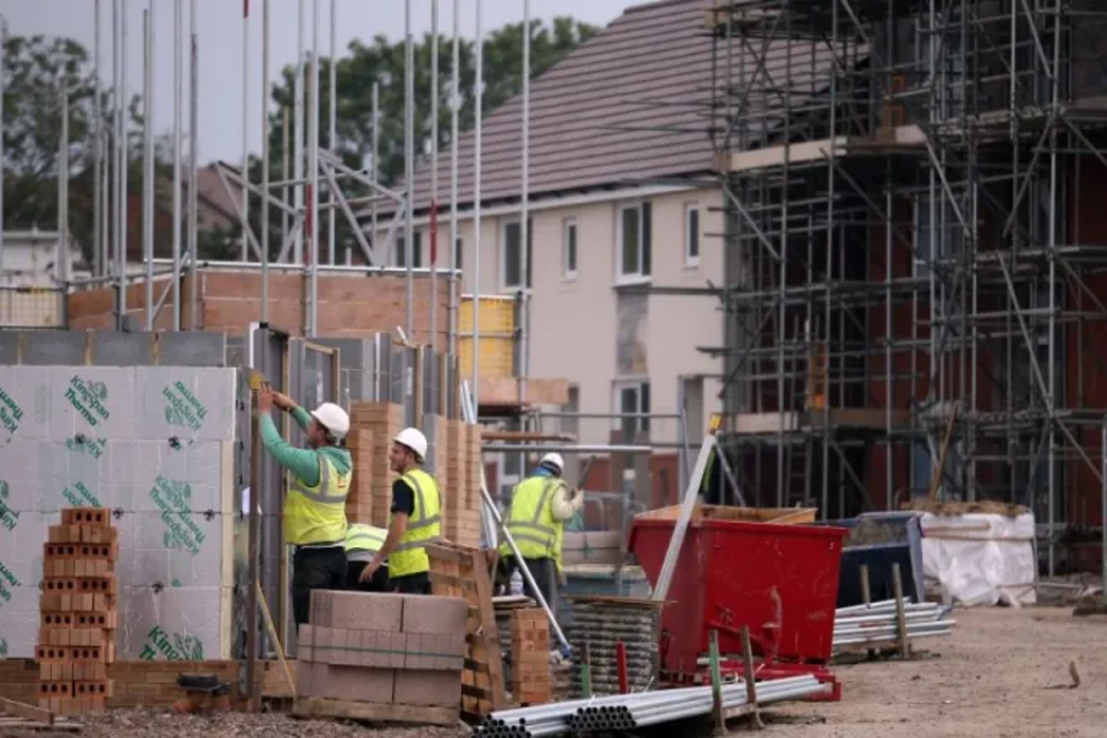Housing market continues to strengthen as mortgage rates fall
New figures from the Bank of England showed that 65,600 new mortgages were approved in September, the highest figure since August 2022.


The housing market’s recovery continued in September as consumers felt the benefit of rising real incomes and lower mortgage rates.
New figures from the Bank of England showed that 65,600 new mortgages were approved in September, the highest figure since August 2022.
Mortgage approvals are an indicator of future borrowing. The data also showed that approvals for remortgaging, which only captures deals with new lenders, increased by 3,100 in September.

The rise in September continues the positive trend for the housing market so far this year on the back of an improving economy.
Thomas Pugh, an economist at RSM UK, said: “All the factors which are contributing to the broader economic recovery are also positive for the housing market.”
Foremost among these is the rapid fall in inflation, which fell below the two per cent target for the first time since April 2021 in September.
The fall in inflation pushed the Bank of England to cut borrowing costs in August, the first cut since the pandemic.
While the headline rate of inflation is expected to creep up again later this year, investors expect the Bank to cut rates again in November.
The start of the rate cutting cycle has helped push mortgage rates lower, stimulating demand among would-be buyers.
The Bank’s data showed that the ‘effective’ interest rate – the actual interest paid – on newly drawn mortgages decreased by 8 basis points, to 4.76 per cent in September.
Paul Dales, chief UK economist at Capital Economics, said “the rise in mortgage approvals probably reflects the declines in mortgage rates in recent months”.
Research from property platform Zoopla showed that the level of new sales is up to its highest level since late 2020. 306,000 homes are currently working through the buying process.
Consumer borrowing meanwhile totalled £1.2bn in September, down slightly from £1.4bn in August but in line with the average over the previous six months.
Economists suggested that this indicated that consumers were not unduly nervous about taking on extra debt despite concerns about Budget tax hikes.
“There’s little evidence that the prospect of tax rises has caused households to become more cautious with their borrowing,” Dales said.



